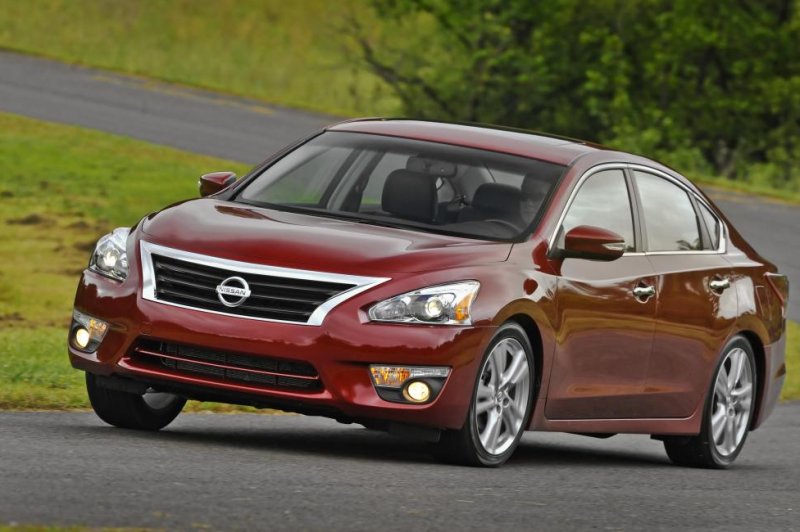FRANKLIN, Tenn., March 26 (UPI) -- Nissan has issued a recall for around 990,000 vehicles after discovering that front airbags on the passenger side might not inflate in a crash.
This is Nissan's second recall win the last 12 months, after it recalled around 82,000 vehicles last April because a sensor was improperly manufactured and similarly resulted in non-deployment of airbags in the case of a crash.










